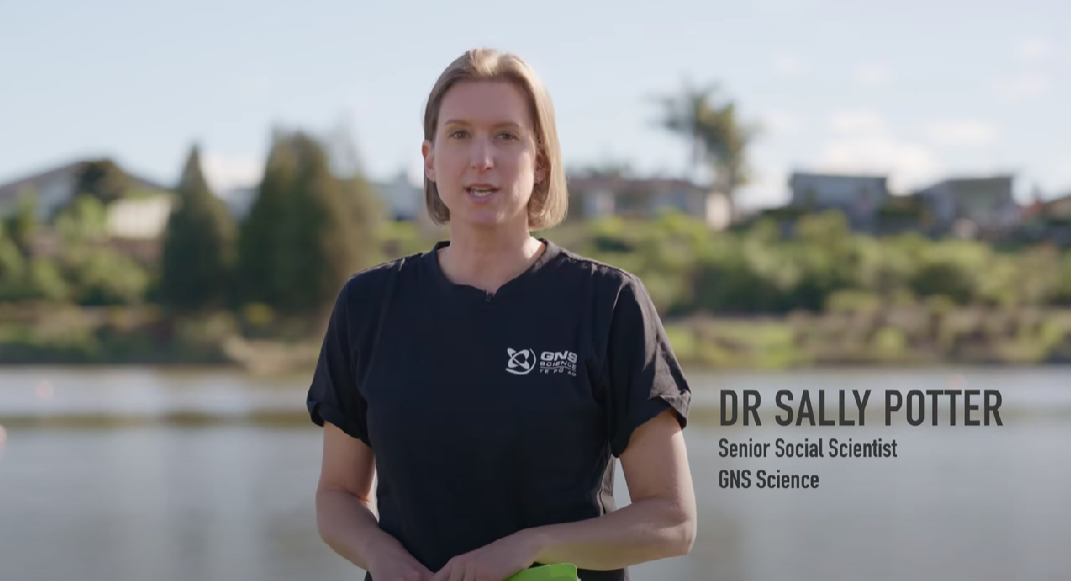

导航


The World Meteorological Organization
(WMO) is encouraging National Meteorological and Hydrological Services
worldwide to move towards impact forecasting to help mitigate the impacts of
weather-related hazards. Impact forecasting involves not just the physical
hazards but also the societal exposure and vulnerability to those hazards in
the decision to provide warnings, and the content of the warning messages.
The purpose of the Impact-based
Forecasts and Warnings (IBFW) project is to identify the gaps relating to
IBFWs, and define a research direction to help fill those gaps going forward.
The international project team is conducting a gap analysis based on the
literature, available guidance, previous workshops and discussions, and
experiences of forecasters and practitioners collected through an open and free
virtual workshop series. The output will be a freely-accessible journal article
summarising the findings.
The IBFW project is a WMO WWRP
HIWeather Flagship Project and is being conducted in collaboration with the
WMO Services Commission Expert Team on IBFW. The project runs from early 2022
until late 2023.

Dr Sally Potter of GNS Science explains impact-based forecasts and warnings that provide information about what the weather might DO rather than what the weather will BE. This enables people to take actions to try and reduce the impacts of weather events. Watch the video through: https://youtu.be/7ZK53HLQ1Ns
Users Login